How To Make Your Family’s Meals Healthier and More Eco-Friendly
/Climate change is a pressing issue that affects us all, and it's no surprise that many of us are becoming more mindful of sustainability in our daily lives. At the same time, we want to ensure that the food we eat is healthy and nourishing for ourselves and our loved ones. But did you know that sustainability and good health go hand in hand?
The foods with the lowest carbon emissions are often the ones that are also best for our health. For instance, locally grown fruits and vegetables not only support local farmers and reduce transportation emissions but also tend to be fresher and more nutrient-dense than their imported counterparts.
Crafting a sustainable and nourishing meal plan doesn't have to be daunting. With a few simple tips and tricks, you can choose eco-friendly foods that will benefit both you and the planet. From reducing meat consumption to opting for whole foods and choosing foods with minimal packaging, small changes can make a big difference.
So whether you're a seasoned sustainability enthusiast or just starting out on your eco-journey, this article has you covered. Check out our top tips for choosing sustainable and nourishing foods that will help you make a positive impact on the planet and your health.
Cut Down on Processed Products
There’s no doubt about it: ultra-processed products are bad for your health, and they’re bad for the environment.
For one thing, not only do they contribute to weight gain, but recent studies have indicated that they could even put you at a higher risk of developing cancer if you eat these kinds of foods on a regular basis.
Processed foods also often come with a troubling carbon footprint, as their manufacture and transportation produce a high level of carbon emissions.
Despite this, many Americans are addicted to these unhealthy ‘convenience’ foods, with 13% of people over 50 years old revealing that they are unable to control their consumption.
Eat Locally Produced Ingredients
Arguably, the best way to make your diet more sustainable is to source the ingredients for your meals locally – for example, buying directly from nearby farms, and visiting farmers markets. Your local grocery stores may also have signs designating which of their produce and other items have come from the surrounding area.
Locally grown food will generally have a much lower carbon footprint than foods that have been transported long distances across country, or even overseas.
Another great tip is to shop according to the season. After all, even if something has been produced nearby, if it is being grown out of season it probably requires excessive energy consumption to house and rear it in artificial conditions.
Buy Ethically Raised or Caught Meat and Fish
While we are all now aware of the detrimental environmental impact of eating too much meat and fish, many of us also still hanker after a crisp-skinned roast chicken or a juicy steak too much to go vegetarian or vegan. However, not just any chicken or cow will do. When it comes to buying your meats, it’s important to shop as ethically as you can.
For instance, you can source your fresh lamb, turkey, chicken or beef from producers like Meadow Run Farm, who pride themselves on producing high-quality meats without the use of harsh chemicals, antibiotics and other nasties. As a result, their products are beneficial for both you and the environment – and, what’s more, their animals are reared directly on the land, with plenty of room to roam, so they’re happier too!
Grow Some of Your Own
A wonderful way to combine eco-friendly food production with a healthier diet is to grow some of your own food. Contrary to what you may imagine, you don’t need several acres of land to produce fruits and veggies; a small backyard will do the trick, especially if you have a greenhouse to nurture your seedlings.
Alternatively, you can opt to become a container gardener, and nurture your own container-friendly crops of salad greens, peppers, tomatoes, herbs and even dwarf fruit trees. Meanwhile, several varieties of herbs can be grown on sunny windowsills, providing instant flavor whenever you need to season a dish while cooking.
Reduce Your Mealtime Waste
To create truly eco-friendly meals, you shouldn’t only consider the production, shopping and cooking elements of your meal prep, you also need to think about what to do with the waste. Americans throw away more food than any other nation on the planet – almost 40 million tons per year. Worst of all, most of this food ends up in landfill.
If you don’t want to be a part of this wasteful cycle, the good news is that there are plenty of things you can do to reduce your kitchen waste – from planning your weekly meals and freezing food to finding novel ways to use up your leftovers and composting. You may be pleasantly surprised at just how little waste you can produce with a little forward planning and ingenuity!
Overview
The benefits of choosing a sustainable and nourishing diet go far beyond just our own health. By making conscious choices about the food we eat, we can contribute to a healthier planet and a brighter future for all living beings.
Reducing our carbon footprint and supporting local farmers and producers are just some of the ways we can make a positive impact on the environment. By opting for whole, unprocessed foods and reducing our consumption of animal products, we can improve our health and reduce the negative impact of factory farming on the environment and animal welfare.
It's important to remember that every small step we take towards sustainability counts. Even making simple changes such as swapping out meat for plant-based protein once a week or choosing to buy produce from a local farmer's market can make a big difference.
With our natural world in crisis, there's never been a better time to start making changes towards a more sustainable and eco-friendlier lifestyle. By choosing a greener and cleaner diet, we can help preserve the planet for future generations while also nourishing ourselves and our loved ones. So why not take the first step today? Your body and the planet will thank you for it.
About the Author:
Jacob Robinson is a freelance business writer with over 5 years of experience. Born in Nottingham, United Kingdom, Jacob specialises in writing about the lifestyle and fashion industry, and takes his interest from his time at Manchester University studying journalism.
























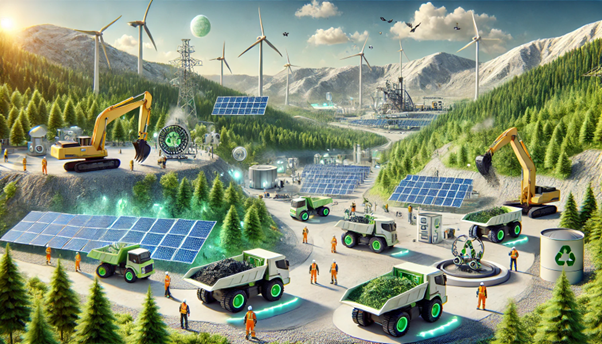

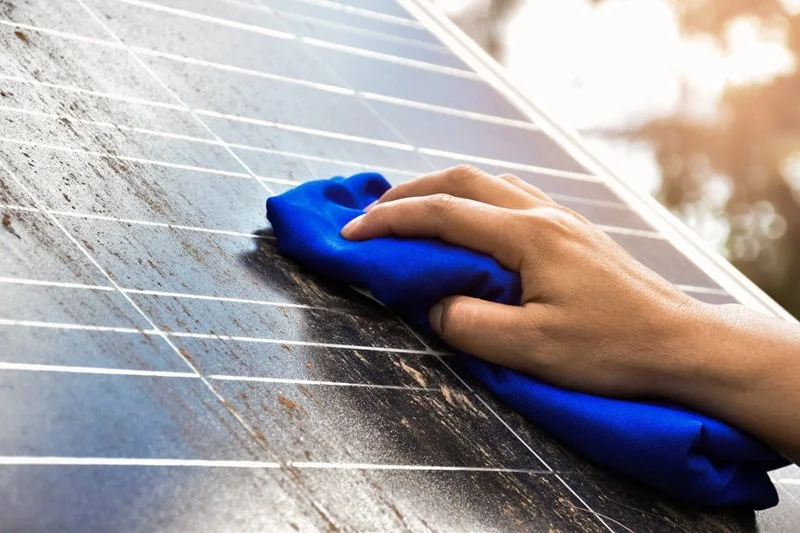

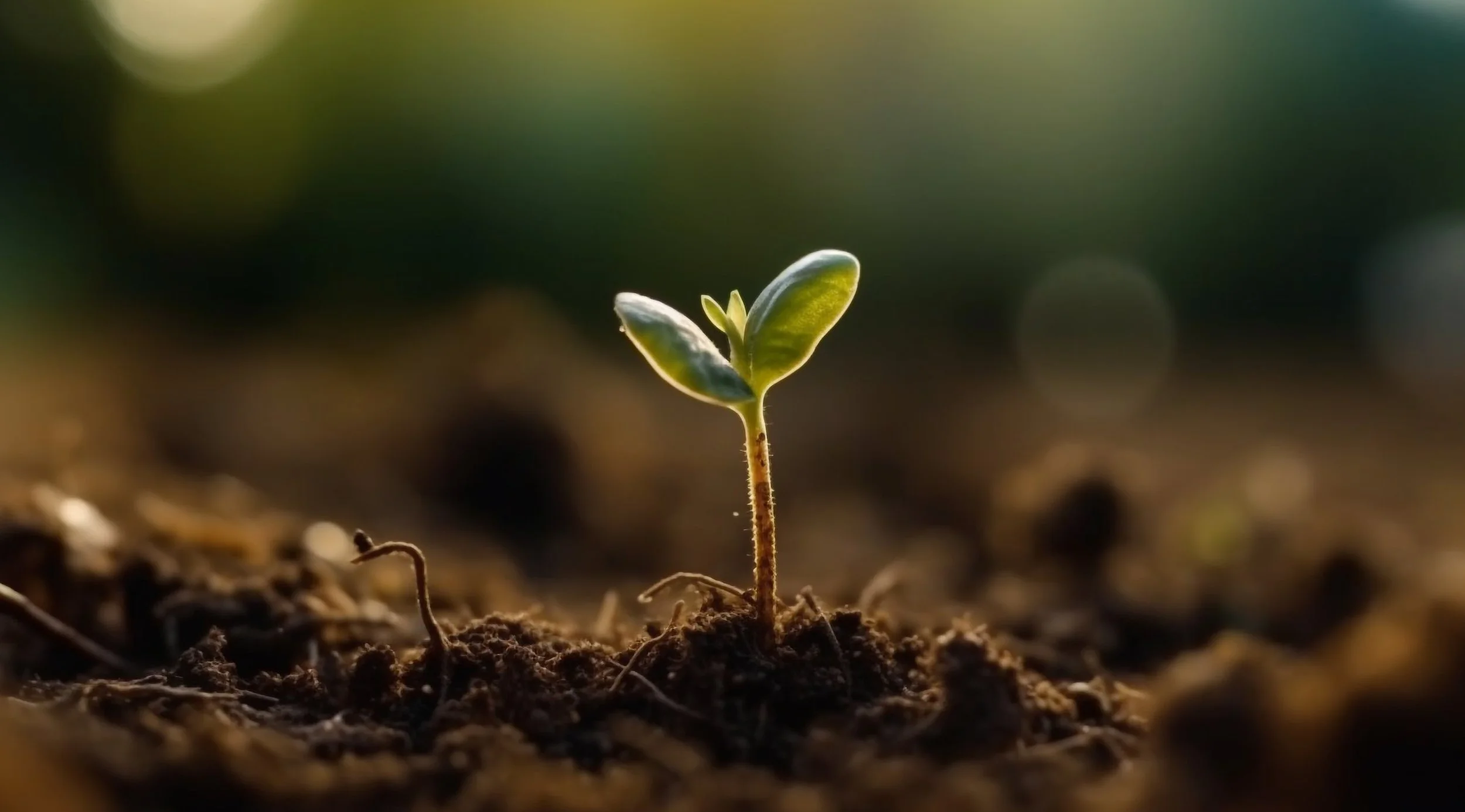



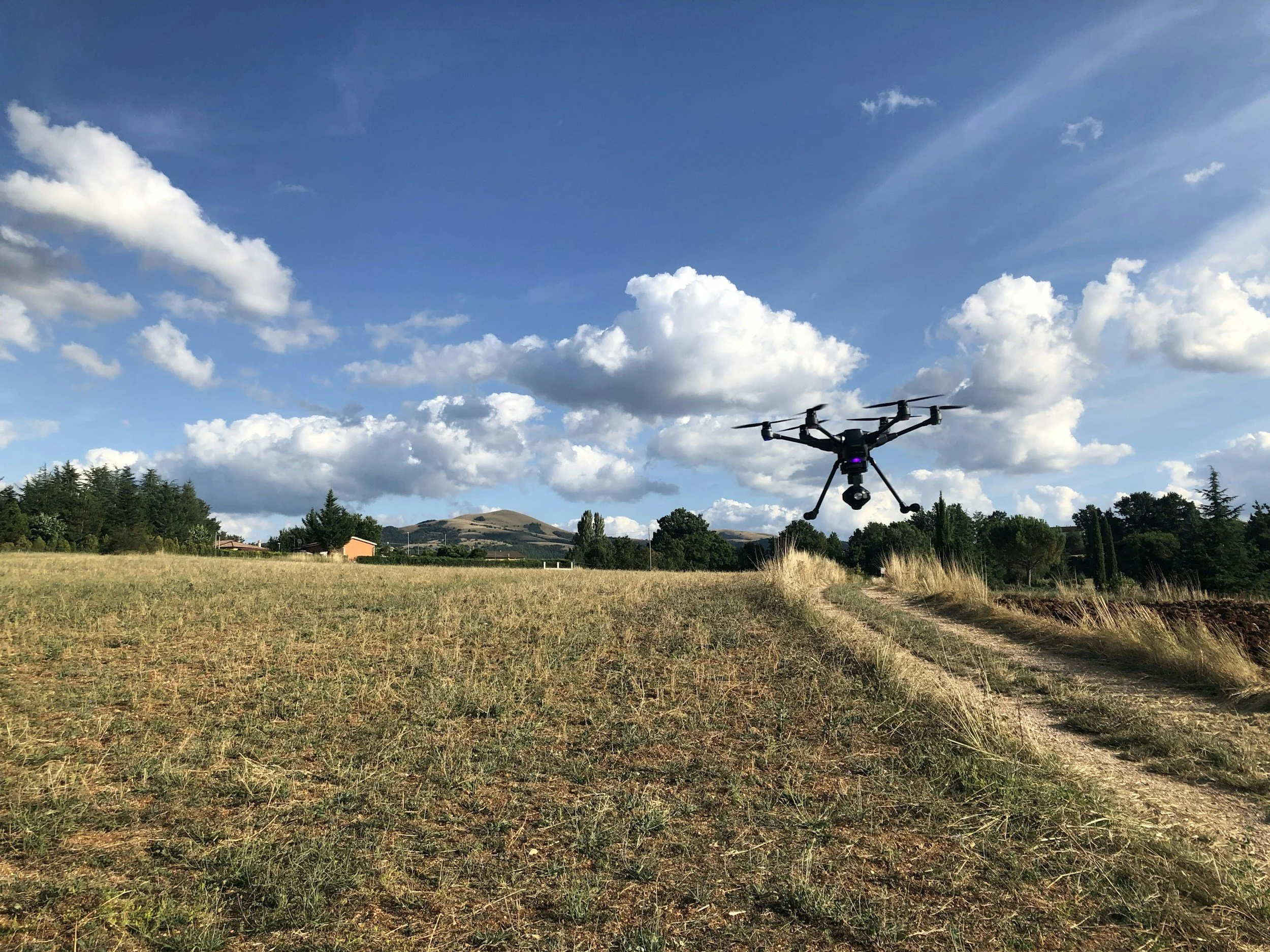



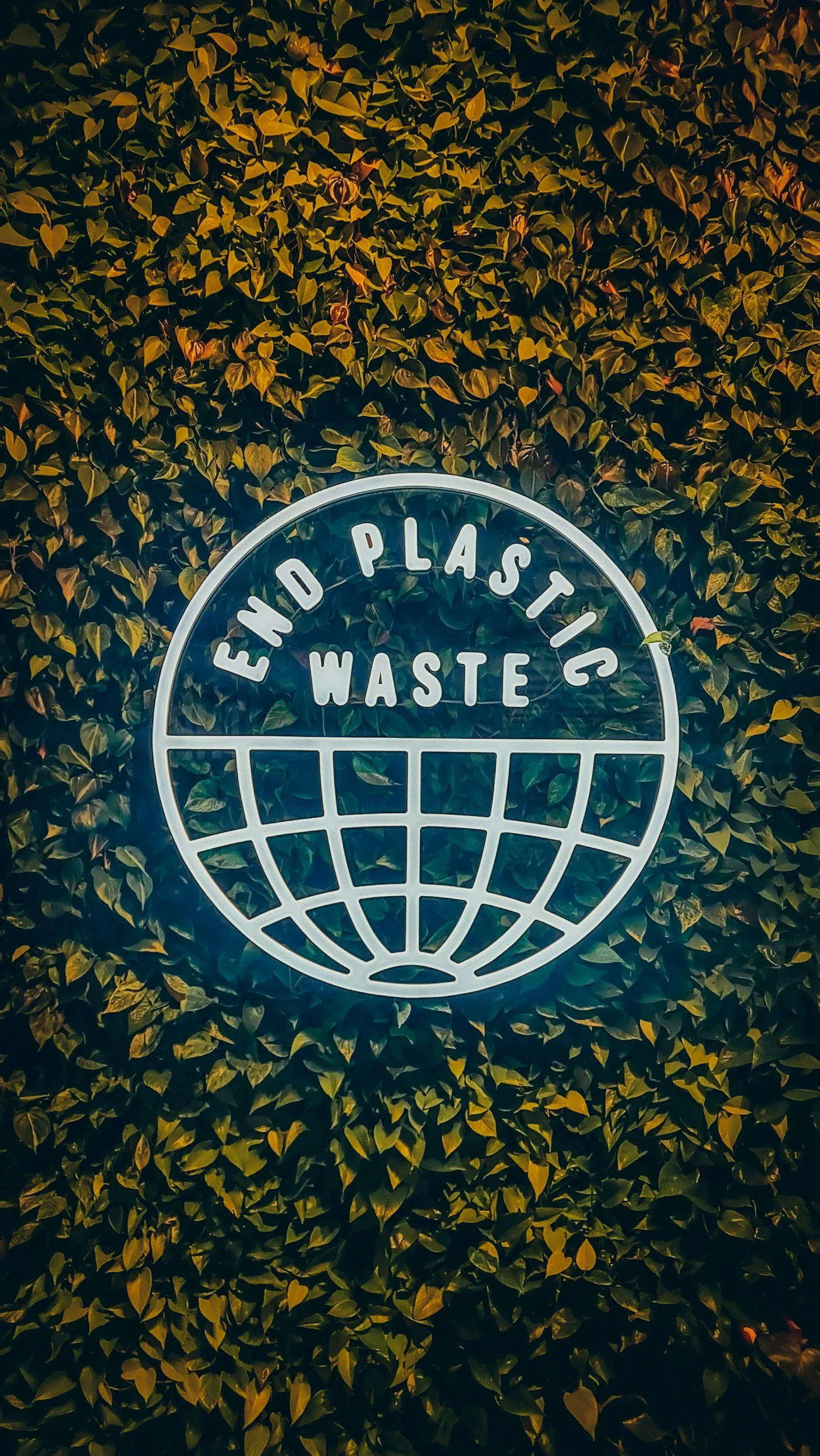
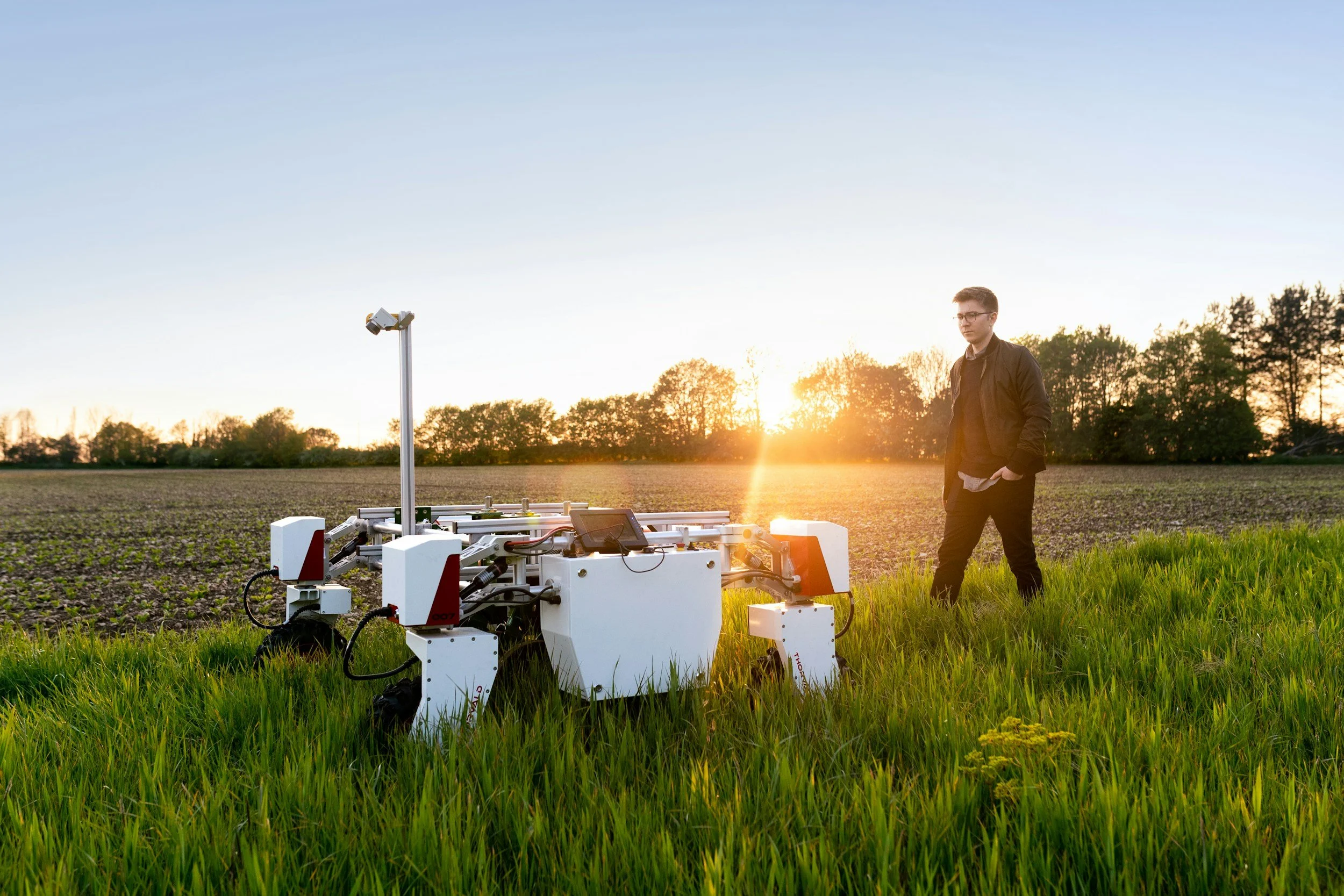






After a long day, cooking dinner can feel like a chore. Many people rely on takeout or frozen meals simply because they think cooking takes too much time. But home-cooked meals don’t have to be complicated or time-consuming.
With the right recipes, you can make delicious meals in under 30 minutes.